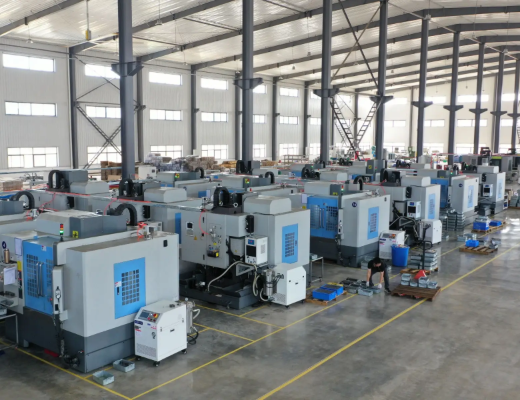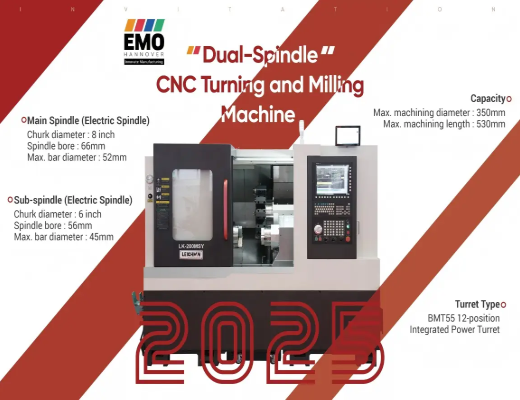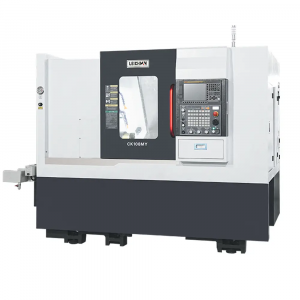As a leader among CNC milling and turning center manufacturers, Leichman, a sub-brand of Hoston, is at the forefront of integrating advanced technologies into machining processes. With the rise of additive manufacturing, the post-processing of 3D-printed parts using CNC milling and turning centers has become increasingly common. However, this integration also presents several challenges. This article explores these challenges and how our Syntec control system CNC can address them effectively.
Precision and Tolerance Issues
One of the primary challenges when using CNC milling and turning centers for post-processing additive manufacturing components is achieving the required precision and tolerances. Additive manufacturing processes can result in parts with varying surface finishes and dimensional inaccuracies. The CNC milling and turning centers we provide at Leichman are equipped with the Syntec control system CNC, which offers advanced features for precise machining. By utilizing sophisticated algorithms, our control system optimizes tool paths and compensates for initial inaccuracies, ensuring that the final product meets stringent specifications.
Material Compatibility and Tool Wear
Another significant hurdle is the compatibility of materials used in additive manufacturing with those processed by CNC milling and turning centers. Certain 3D-printed materials may lead to increased tool wear or require specialized tooling to achieve optimal results. Our CNC milling and turning centers are designed with versatility in mind, and the Syntec control system CNC allows for adjustments in machining parameters to accommodate different materials effectively. This adaptability not only enhances the life of cutting tools but also ensures a smoother post-processing experience, enabling manufacturers to work with a broader range of materials.
Integration and Workflow Efficiency
Integrating CNC milling and turning centers into the additive manufacturing workflow can pose logistical challenges. Manufacturers may struggle to create seamless transitions between 3D printing and CNC machining processes. At Leichman, we understand the importance of efficient workflows, and our CNC milling and turning centers with the Syntec control system CNC are designed to facilitate this integration. By providing intuitive interfaces and streamlined programming options, we enable operators to transition smoothly between additive and subtractive processes. This efficiency minimizes downtime and maximizes productivity, ultimately benefiting the overall manufacturing operation.
Conclusion
Leichman is dedicated to offering solutions even if employing CNC milling and turning centers for additive manufacturing post-processing poses difficulties such accuracy problems, material compatibility, and workflow integration. These difficulties are met head-on by our CNC milling and turning facilities, which are outfitted with the cutting-edge Syntec control system CNC. We enable manufacturers to attain superior outcomes in their additive manufacturing processes by improving accuracy, supporting a variety of materials, and optimizing workflows. We are committed to inventing and helping our clients overcome the challenges of contemporary manufacturing as the industry changes.










